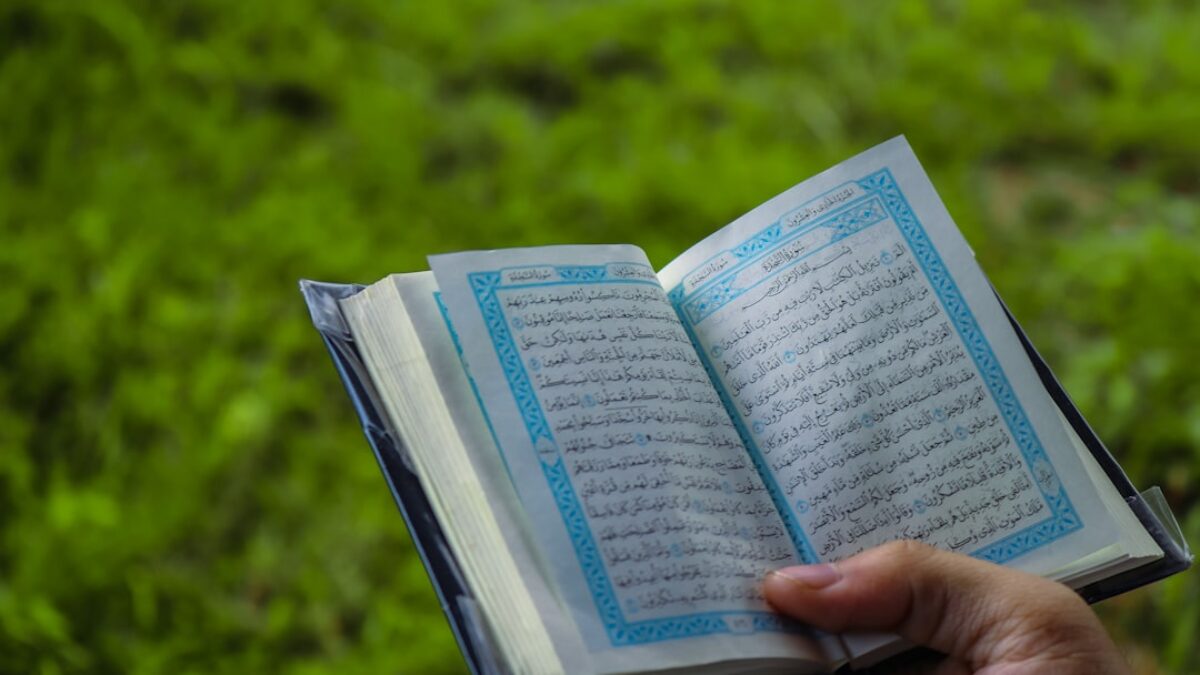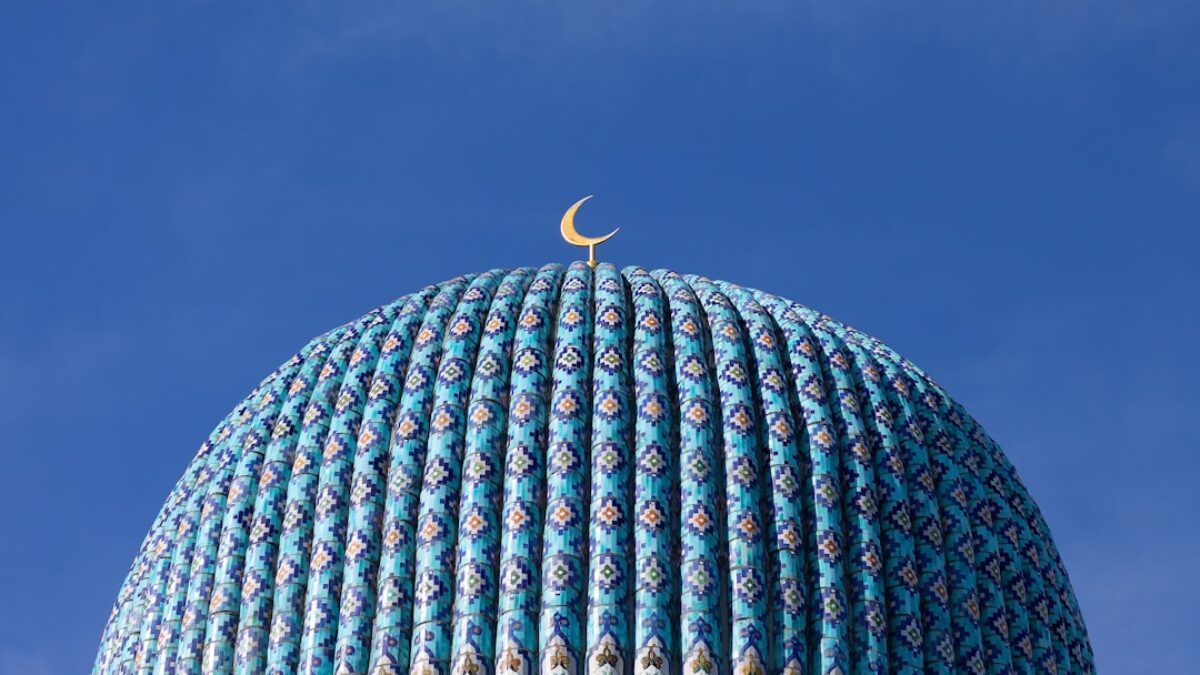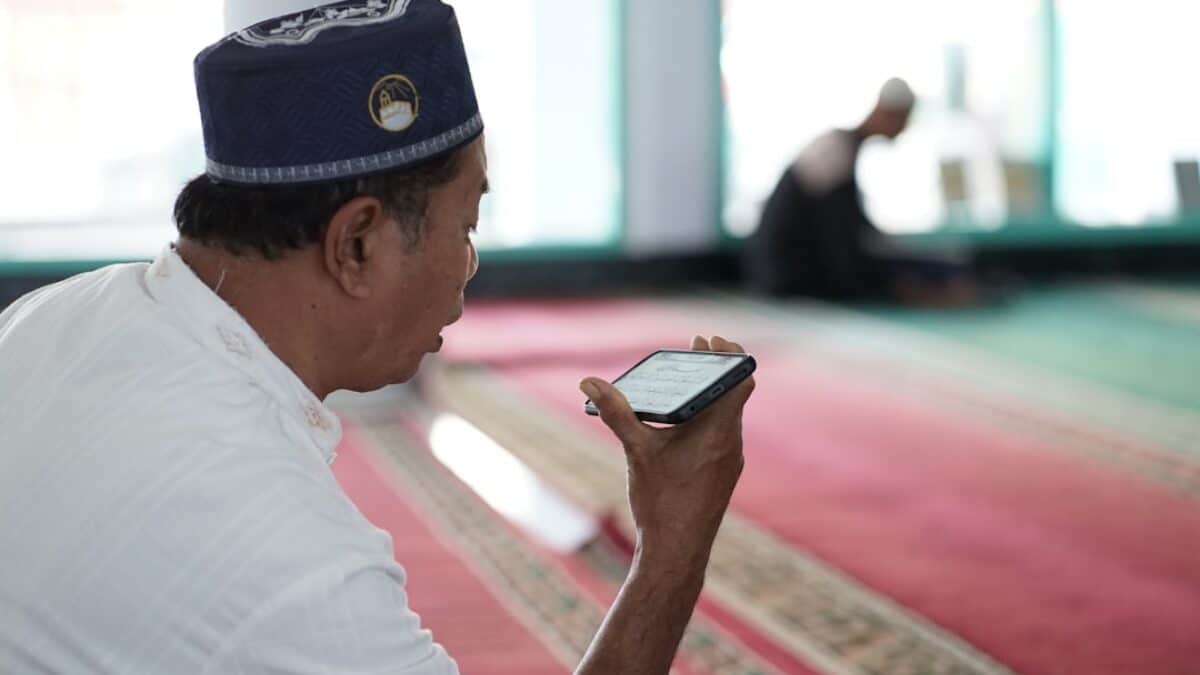The quest for inner peace has become an urgent concern in our hyper-connected, stress-laden world. While countless self-help programs promise tranquility, the foundations of Islamic spirituality offer a time-tested path that has guided believers for fourteen centuries toward lasting serenity. Rooted in divine revelation and the lived example of Prophet Muḥammad ﷺ, these teachings do not merely manage stress—they transform the human heart until it becomes a wellspring of contentment, gratitude, and luminous purpose. This article presents those foundations in practical detail, equipping readers—whether new to Islam or seeking deeper spiritual grounding—with the essential knowledge and tools to cultivate abiding inner peace.
Understanding Islamic Spirituality
Islamic spirituality, known in Arabic as taṣawwuf or iḥsā, is the inner dimension of Islam that focuses on purifying the soul (nafs), refining character (akhlāq), and establishing an intimate, experiential relationship with Allah ﷻ. It complements the outward observance of sharīʿah (sacred law) by ensuring that rituals become vibrant channels of divine love rather than mechanical routines.
Core Definitions and Terms
- Tazkiyah al-Nafs: Purification and growth of the self through disciplined spiritual exercises.
- Iḥsā: Worshipping Allah as though you see Him, knowing that even if you do not see Him, He certainly sees you.
- Maʿrifah: Deep experiential knowledge of Allah’s attributes, leading to awe, love, and humility.
- Wilāyah: Spiritual sainthood attained by sincere adherence to divine commands and internal transformation.
Relationship Between Sharīʿah and Ḥaqīqah
Classical scholars compared sharīʿah (law) to the ship, ṭarīqah (the spiritual path) to the ocean, and ḥaqīqah (ultimate reality) to the pearl. One must board the ship (sharīʿah) to cross the ocean (ṭarīqah) and reach the pearl (ḥaqīqah). Neglecting either element capsizes the journey.
Key Components of Islamic Spirituality
Tawḥīd: The Oneness of God as the Root of Inner Peace
Every spiritual malady—anxiety, envy, despair—springs from a fractured relationship with tawḥīd, the absolute oneness of Allah. When tawḥīd permeates the heart:
- The believer sees every event as coming from al-Ḥakīm, the All-Wise, dissolving worry.
- The pursuit of worldly validation fades, because only Allah’s pleasure matters.
- Gratitude and patience become reflexive responses to life’s dualities.
Five Pillars as Spiritual Technologies
Rather than mere obligations, the five pillars are engineered to recalibrate the soul:
| Pillar | Outward Act | Inner Transformation |
|---|---|---|
| Shahādah | Testimony of faith | Centers identity upon divine unity, dissolving egoic fragmentation. |
| Ṣalāh | Ritual prayer five times daily | Cuts worldly attachments through rhythmic “ascension” (miʿrāj) to Allah. |
| Zakāh | Obligatory charity | Detaches the heart from hoarding, fostering trust in divine provision. |
| Ṣawm | Fasting during Ramaḍā | Trains the soul in mindfulness (muraqabah) and god-fearing restraint. |
| Ḥajj | Pilgrimage to Mecca | Symbolic death and rebirth, dissolving racial, national, and class divisions. |
Remembrance (Dhikr) and Supplication (Duʿāʾ)
Dhikr is the rhythmic repetition of divine names and Qur’anic phrases that rewires neural pathways, shifting the mind from worry to shukr (thankfulness). Duʿāʾ, by contrast, is intimate conversation—laying one’s hopes, fears, and gratitude before Allah. The Prophet ﷺ said, “Duʿāʾ is the essence of worship.”
Practical Dhikr Routine
- Morning and Evening: Recite ayat al-kursī, the three qul sūrahs, and prescribed adhkār after Fajr and Maghrib.
- Throughout the day: Use the “subḥānAllah, al-ḥamdu lillāh, Allāhu akbar” formula 33× each after every prayer.
- Before sleep: Perform tasbīḥ on fingers, seeking forgiveness 100 times.
Prophetic Character Traits (Shamāʾil)
Imam al-Ghazālī distilled the Prophet’s ﷺ character into three clusters:
- Generosity (Jūd) – giving without fear of poverty.
- Courage (Shajāʿah) – standing for justice despite opposition.
- Humility (Tawāḍuʿ) – treating every creature with gentleness.
By emulating these traits, the heart mirrors prophetic equilibrium and gains inner poise.
Benefits and Importance
Psychological Well-being
Modern studies at Harvard and Stanford show that regular ṣalāh lowers cortisol levels, while dhikr increases alpha-wave activity linked to calm alertness. More importantly, believers report a meta-cognitive shift: problems are seen as divinely tailored lessons rather than random chaos.
Interpersonal Harmony
When the ego (nafs) is tamed, irritability declines. Akhlāq-based communities experience lower divorce rates, higher charitable giving, and robust conflict-resolution mechanisms grounded in Qur’anic ethics.
Eschatological Significance
The Prophet ﷺ taught that on the Day of Judgment nothing will weigh heavier on the scales than ḥusn al-khulq (excellent character). Inner peace achieved through spirituality is therefore not merely therapeutic; it is salvific.
Practical Applications
Creating a Personalized Daily Routine
- Pre-dawn (Tahajjud): Wake 20 minutes before Fajr to recite wird (small litany) and make duʿāʾ.
- Commute: Replace music with Qur’an recitation or dhikr beads.
- Lunch Break: Read one ḥadīth on character and journal a concrete application.
- Evening: Family muṣāḥabah (spiritual conversation) recounting moments of gratitude.
Techniques for Purification of the Heart
- Muraqabah (Mindful Presence): Spend five minutes visualizing Allah’s watchful care over every breath.
- Muḥāsabah (Self-Audit): At night review the day’s actions, labeling each as uplifting or ego-driven.
- Khalwah (Seclusion): Once a month, retreat for an hour to pray, read Qur’an, and weep in gratitude.
- Ukhuwwah (Spiritual Brotherhood/Sisterhood): Form a weekly circle to share struggles and victories on the path.
Overcoming Common Obstacles
| Obstacle | Spiritual Diagnosis | Practical Remedy |
|---|---|---|
| Chronic Anxiety | Weak tawakkul (trust in Allah) | Recite “Hasbunā Allāh wa niʿma al-wakīl” 100× daily; study the stories of prophets in the Qur’an. |
| Anger Outbursts | Uncontrolled ghadab | Practice wudūʾ when anger surges, then perform two units of prayer seeking tranquility. |
| Spiritual Lethargy | Darkened qalb (heart) | Increase ṣadaqah, reduce lawful but excessive entertainment, and recite Qur’an aloud daily. |
Frequently Asked Questions
What is the difference between Islamic spirituality and Sufism?
Sufism (taṣawwuf) is the historical tradition that systematized Islamic spirituality through orders (ṭuruq) and masters (shuyūkh). Islamic spirituality, however, is broader: every believer who seeks iḥsā is engaged in spirituality, whether formally affiliated with a Sufi order or not. The Prophet ﷺ himself never used the term “Sufi,” yet he embodied the highest spirituality.
How can busy professionals integrate these teachings without monastic retreat?
Islamic spirituality is designed for every context. The Prophet ﷺ worked as a merchant, and his companions were soldiers, farmers, and traders. Integrate micro-practices: recite dhikr during elevator rides, use commute time for Qur’an listening, and dedicate 5 minutes before sleep to muḥāsabah. Consistency outstrips length.
Is it permissible to combine mindfulness apps with traditional adhkār?
Yes, provided the content is sharʿī (Islamically sound). Apps can remind and guide, but the barakah (spiritual grace) flows primarily through prophetic wordings. Use apps as scaffolding, not substitutes for learning adhkār directly from the Qur’an and sunna.
What role does a spiritual guide (shaykh) play in modern times?
A qualified shaykh diagnoses spiritual diseases (amrāḍ al-qulūb) and prescribes individualized remedies. In an age of information overload, the shaykh provides isnād—an unbroken chain back to the Prophet ﷺ—safeguarding authenticity. One may begin the journey through books, but mentorship accelerates progress and prevents innovation (bidʿah).
Can spirituality help in overcoming addiction?
Yes. Addiction is often shahwa (base desire) taken to destructive extremes. A structured program that combines dhikr, ṣalāh, ṣawm, and community support (ukhuwwah) replaces the neuroc
























Post Comment